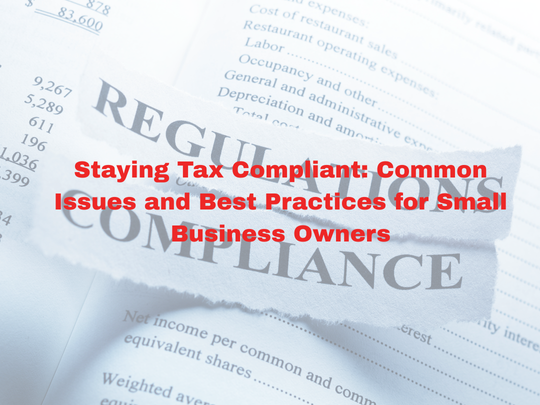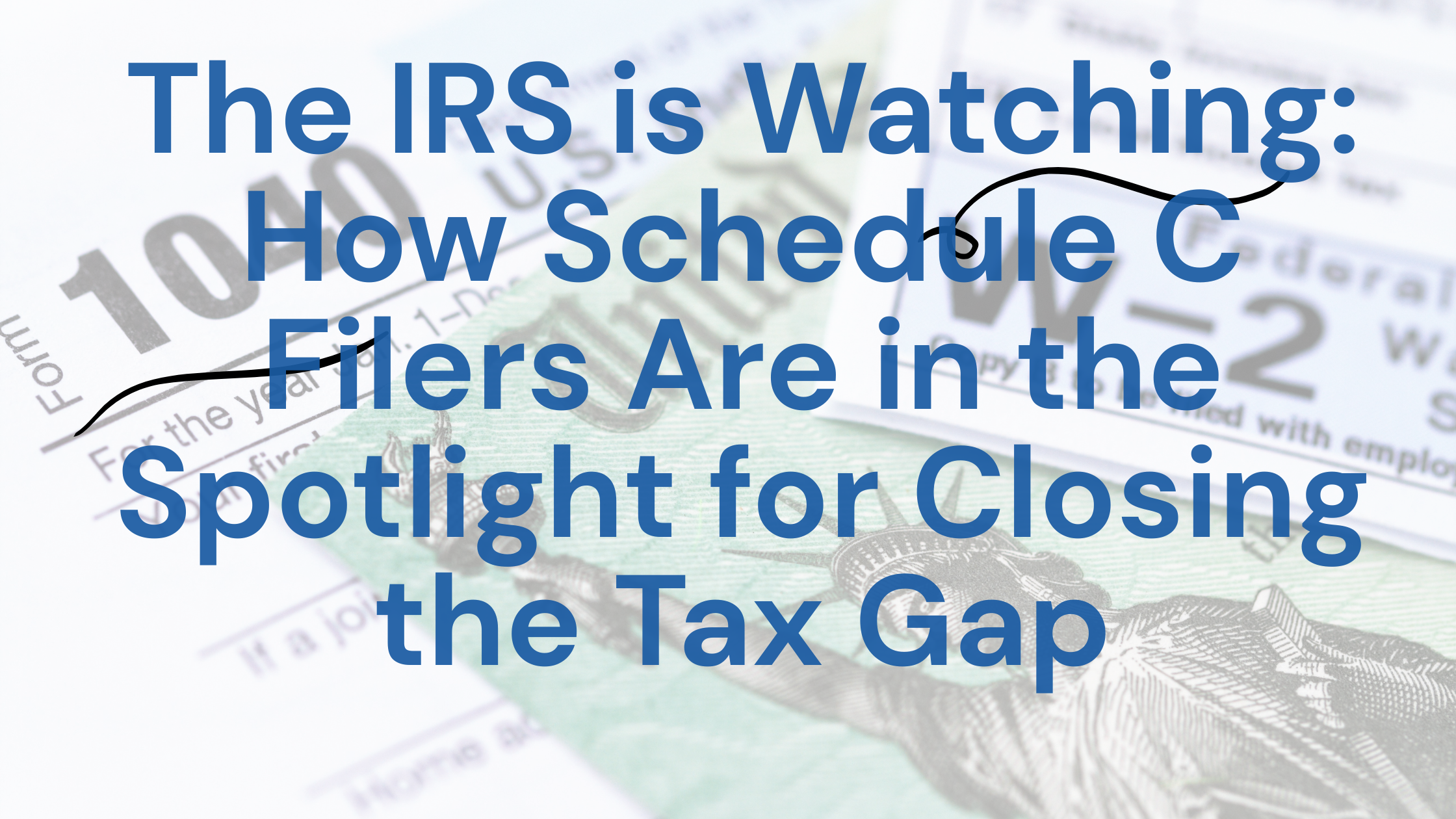Creditors keep their evaluation standards secret, making it difficult to know just how to improve your credit rating. Nonetheless, it is still important to understand the factors that determine creditworthiness. Periodically reviewing your credit report can also help you protect your credit rating from fraud–and you from identity theft.
Credit Evaluation Factors
Many factors are used in determining credit decisions. Here are some of them:
- Payment history/late payments
- Bankruptcy
- Charge-offs (Forgiven debt)
- Closed accounts and inactive accounts
- Recent loans
- Cosigning an account
- Credit limits
- Credit reports
- Debt/income ratios
- Mortgages
Obtaining Your Credit Reports
Credit reports are records of consumers’ bill-paying habits but do not include FICO credit scores. Also referred to as credit records, credit files, and credit histories, they are collected, stored, and sold by three credit bureaus, Experian, Equifax, and TransUnion.
The Fair Credit Reporting Act (FCRA) requires that each of the three credit bureaus provides you with a free copy of your credit report, at your request, every 12 months. If you have been denied credit or believe you’ve been denied employment or insurance because of your credit report, you can request that the credit bureau involved provide you with a free copy of your credit report – but you must request it within 60 days of receiving the notification.
Fair Credit Reporting Act (FCRA)
This federal law was passed in 1970 to give consumers easier access to, and more information about, their credit files. The FCRA gives you the right to find out the information in your credit file, to dispute information you believe inaccurate or incomplete, and to find out who has seen your credit report in the past six months.
Understanding Your Credit Report
Credit reports contain symbols and codes that are abstract to the average consumer. Every credit bureau report also includes a key that explains each code. Some of these keys decipher the information, but others just cause more confusion.
Read your report carefully, making a note of anything you do not understand. The credit bureau is required by law to provide trained personnel to explain it to you. If accounts are identified by code number, or if there is a creditor listed on the report that you do not recognize, ask the credit bureau to supply you with the name and location of the creditor so you can ascertain if you do indeed hold an account with that creditor.
If the report includes accounts that you do not believe are yours, it is extremely important to find out why they are listed on your report. It is possible they are the accounts of a relative or someone with a name similar to yours. Less likely, but more importantly, someone may have used your credit information to apply for credit in your name. This type of fraud can cause a great deal of damage to your credit report, so investigate the unknown account as thoroughly as possible.
In light of numerous credit card and other breaches, it is recommended that you conduct an annual review of your credit report. It is vital that you understand every piece of information on your credit report so that you can identify possible errors or omissions.
Disputing Errors
The Fair Credit Reporting Act (FCRA) protects consumers in the case of inaccurate or incomplete information in credit files. The FCRA requires credit bureaus to investigate and correct any errors in your file.
Be aware that credit bureaus are not obligated to include all of your credit accounts in your report. If, for example, the credit union that holds your credit card account is not a paying subscriber of the credit bureau, the bureau is not obligated to add that reference to your file. Some may do so, however, for a small fee.
If you need help obtaining your credit reports or need assistance in understanding what your credit report means, don’t hesitate to call.




